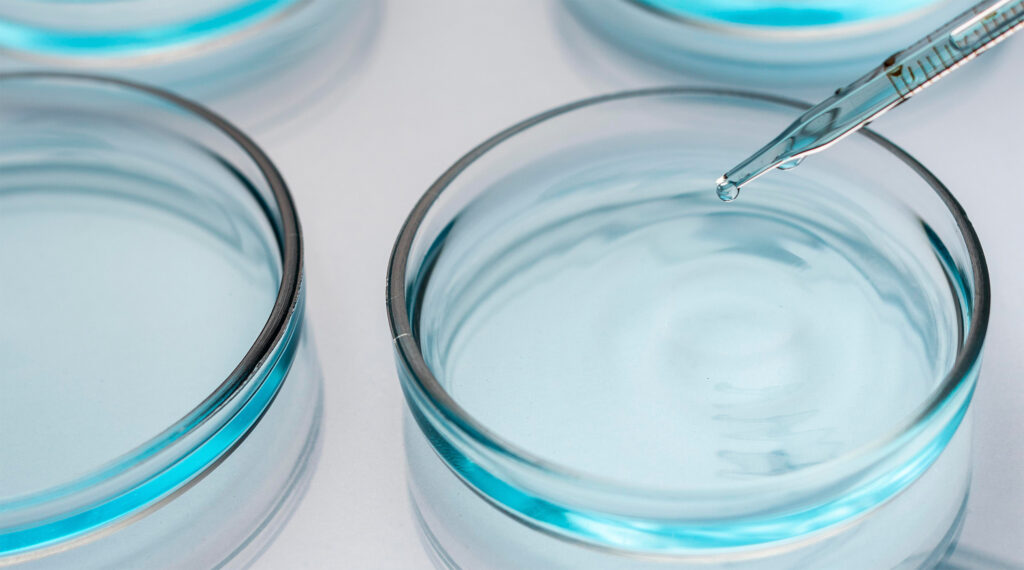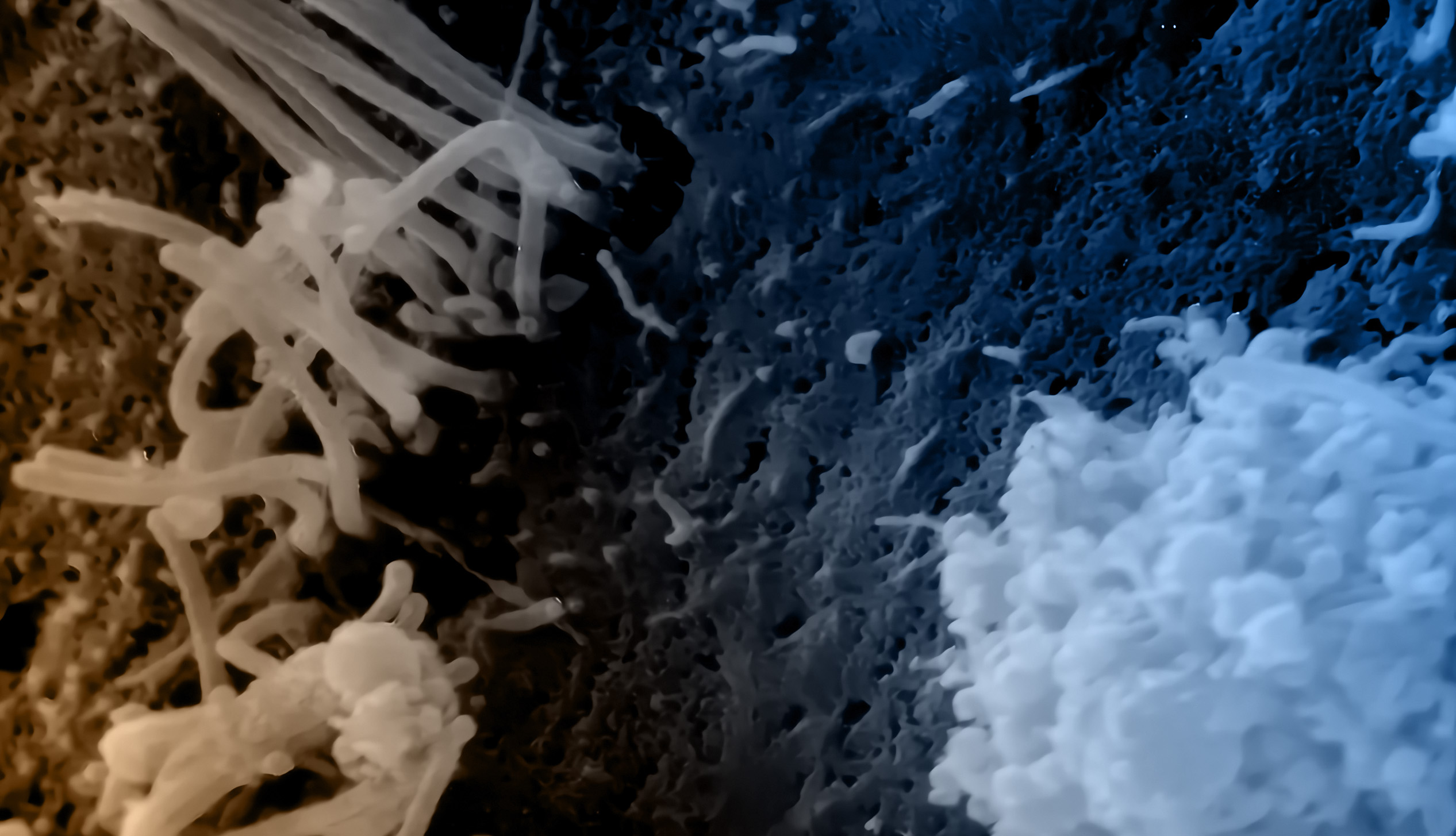Gene therapies modify cells through either in vivo or ex vivo delivery of genetic material. Each of these delivery methods has a unique manufacturing process and is susceptible to contaminants such as mycoplasma. Since mycoplasma can affect the proliferation and genetics of cells, mycoplasma contamination in gene therapies can have several deleterious effects on the patient; and both ex vivo and in vivo delivery methods should have regular checkpoints for mycoplasma.
When to Test
The FDA and other health authorities require gene therapy products to undergo rigorous quality testing including mycoplasma testing before the product can be administered to the patient. Therefore, it is essential to ensure the manufacturing process is free of mycoplasma contamination, so the final product meets FDA requirements for the safety of the patient.
In the case of patient-derived cellular gene therapies, the turnaround time for testing is of paramount importance, due to the criticality of the patient in need, as well as the short shelf life of the product. For such products, rapid testing approaches are warranted.

In Vivo Gene Therapy
The in vivo delivery involves a more traditional therapeutic method. In this type of gene therapy, the genetic material of interest is synthesized as a plasmid DNA, viral vector or bacterial vector. Today, the most common approach applies a viral vector, such as adeno-associated virus (AAV). After the genetic material is synthesized, it is often encapsulated in a lipid membrane for intravenous delivery. Once in vivo, the genetic material is delivered to cells that then begin responding to the gene of interest.
To make a clinically relevant amount of genetic material for in vivo delivery, the gene vectors must be expanded in cell lines. In a common approach, the viral vector such as AAV infects a mammalian cell line such as HEK293 to expand the vector. Following infection and expansion, the vectors are harvested and purified from cultures. However, the seed stocks, cultures, and cell line reagents used to expand the vectors are all susceptible to mycoplasma. Thus, it is imperative to test for mycoplasma regularly in the production workflow for genetic material prepared for in vivo delivery.

To make a clinically relevant amount of genetic material for in vivo delivery, the gene vectors must be expanded in cell lines.
Ex Vivo Gene Therapy
The ex vivo delivery method involves a similar production method as the in vivo delivery method. In the ex vivo approach, genetic material is synthesized in a viral or bacterial vector and expanded in a cell line for purification. However, rather than encapsulating the purified vectors for injection, the genetic material is used to transfect cells that have been harvested from the patient. Stem or progenitor cells are taken from the patient and cultured ex vivo; then, the cells are infected with the viral or bacterial vector and re-introduced to the patient. The ex vivo approach is commonly called cell therapy, although from a regulatory perspective, it is categorized as a “patient-derived cellular gene therapy” due to the genetic modification.
Like the genetic material produced for in vivo delivery, the ex vivo delivery vectors must be expanded in cell lines before they can be used in patient-derived cells. Again, this introduces a possible point of mycoplasma contamination. However, the ex vivo therapy has the additional susceptibility of contamination with the patient-derived cell culture. Patient-derived cells, culture and reagents are all susceptible to mycoplasma contamination. Therefore, testing for mycoplasma should occur at multiple points including when the cells are first obtained, cultured, passaged, transfected and just prior to re-introduction to the patient.